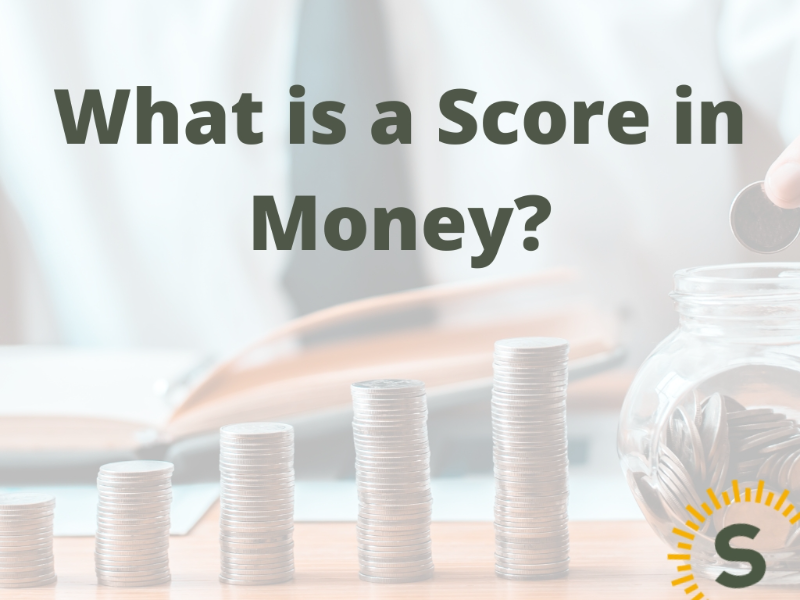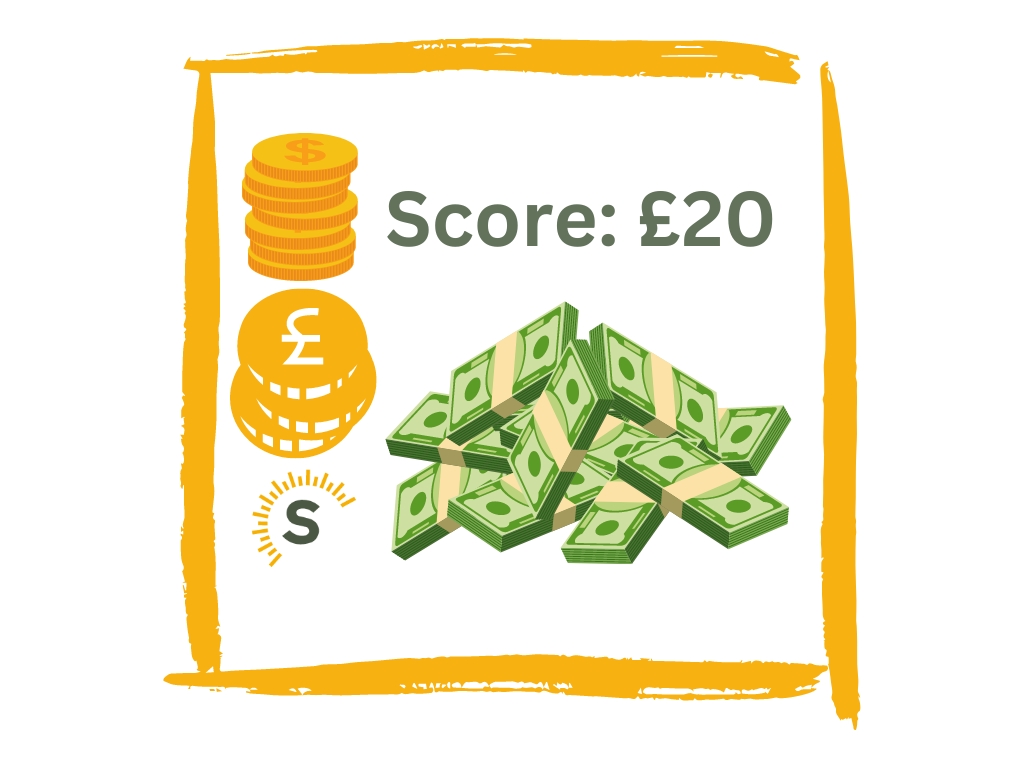
Are you familiar with Cockney slang? If not, you're in for a treat! Cockney slang is a fascinating language variation that originated in the East End of London. One of the most intriguing phrases you might come across is "score," which carries a completely different meaning in this vibrant dialect.
Cockney slang is known for its creativity and sense of humour, often involving rhymes and wordplay. So, if you're curious about the unique language that adds a touch of charm to London's streets, join me as we delve into the world of Cockney slang and explore the fascinating meaning behind the term "score.".
A Score is £20 in money slang used in the United Kingdom. The term originates from historical usage of "score" amongst criminals to represent 20. It is a shorthand used in certain contexts to refer to a specific monetary value. Other terms for a score include a 'Bobby'.
To truly understand the meaning of "score" in Cockney slang, it's important to explore its origin and history. The term dates back to the 18th century, where it was originally used as a code word amongst criminals and thieves to refer to money. The word "score" in this context was derived from the Old Norse word "skor," meaning notch or tally. Criminals would keep a tally of their ill-gotten gains, and £20 would be represented by a notch or score on a stick or piece of paper. 
Over time, this secret code language made its way into the wider East End community, becoming an integral part of Cockney culture. The term "score" became synonymous with £20, and its usage spread beyond the criminal underworld. Today, it continues to be used by Cockneys to refer to a specific amount of money, adding a touch of nostalgia and tradition to their vibrant dialect.
While Cockney slang has its roots in the working-class communities of the East End, its usage and popularity have extended far beyond its original boundaries. Today, Cockney slang is recognised and understood by people from all walks of life, both within and outside of London. Brits still use the term Score. It has become an iconic part of British culture, featured in literature, movies, and even everyday conversations.
If you were to use it in language, you may ask your mate for a score, "Can I borrow a score?".
I've heard people use Bobby as a replacement for Score, this is typical rhyming slang. It comes from the Name Bobby Moore. The famous England football captain. Bobby Moore rhymes with Score, hence the shortened version, 'a bobby'. It's a bit convoluted.
★★★★★ 4.5
While "score" may be one of the most well-known Cockney slang terms for money, it's not the only one. Cockney slang is rich in creativity and wordplay, and there are various other phrases used to refer to different amounts of money. Here are a few examples:
These examples highlight the playful nature of money in Cockney slang and how it incorporates rhymes and associations to create unique phrases for different denominations of money.
If you're intrigued by Cockney slang and want to learn more, there are several ways to immerse yourself in this vibrant language variation. Here are a few tips to get you started:
Remember, learning Cockney slang is not just about memorising words and phrases; it's about immersing yourself in a unique culture and way of life.
Cockney slang has made its mark on popular media and entertainment, becoming a beloved aspect of British culture. It has been featured in numerous movies, TV shows, and songs, often used to add authenticity or humour to a character or storyline.
In film, classics like "Lock, Stock and Two Smoking Barrels" and "Snatch" prominently feature Cockney characters and their colourful language. These movies not only entertain but also showcase the wit and cleverness of Cockney slang.
In music, artists like The Kinks, Madness, and Lily Allen have incorporated Cockney slang into their lyrics, further spreading its influence and popularity. Songs like "Waterloo Sunset" and "Baggy Trousers" capture the essence of Cockney culture and its unique way of expressing everyday life.
Cockney slang's presence in popular media and entertainment ensures that it continues to captivate audiences and be celebrated for its distinctive charm.
If you're intrigued by Cockney slang, there are various ways to learn and understand this vibrant dialect. Immerse yourself in Cockney culture, watch movies and TV shows featuring Cockney characters, and explore the rich literary tradition of the East End. Embrace the wit and creativity of Cockney slang, and you'll discover a fascinating world of language and culture that adds a touch of magic to London's streets. So, the next time you hear someone mention a "score," you'll know exactly what a score in money is.

Stuart is an expert in Property, Money, Banking & Finance, having worked in retail and investment banking for 10+ years before founding Sunny Avenue. Stuart has spent his career studying finance. He holds qualifications in financial studies, mortgage advice & practice, banking operations, dealing & financial markets, derivatives, securities & investments.





Our website offers information about financial products such as investing, savings, equity release, mortgages, and insurance. None of the information on Sunny Avenue constitutes personal advice. Sunny Avenue does not offer any of these services directly and we only act as a directory service to connect you to the experts. If you require further information to proceed you will need to request advice, for example from the financial advisers listed. If you decide to invest, read the important investment notes provided first, decide how to proceed on your own basis, and remember that investments can go up and down in value, so you could get back less than you put in.
Think carefully before securing debts against your home. A mortgage is a loan secured on your home, which you could lose if you do not keep up your mortgage payments. Check that any mortgage will meet your needs if you want to move or sell your home or you want your family to inherit it. If you are in any doubt, seek independent advice.